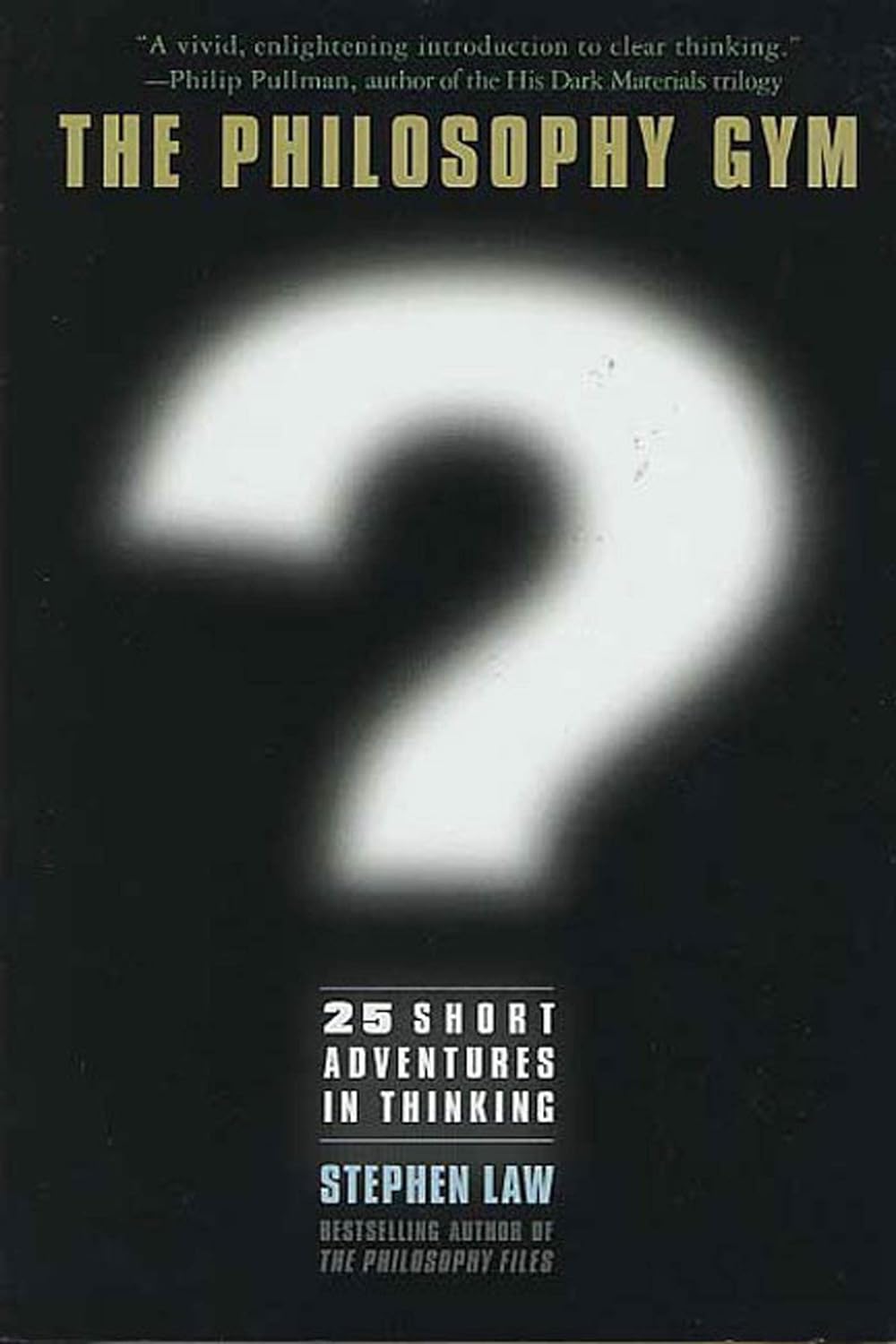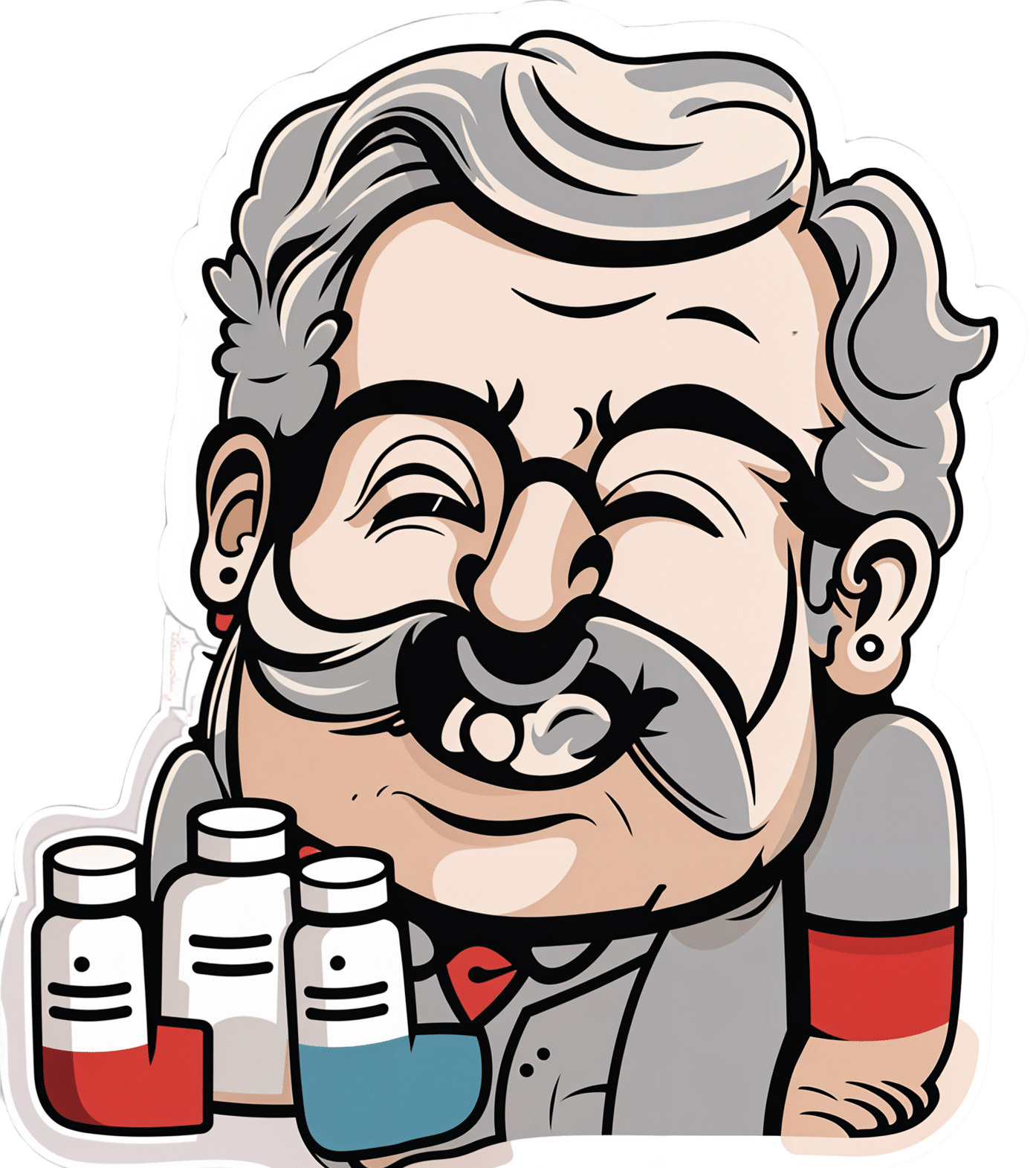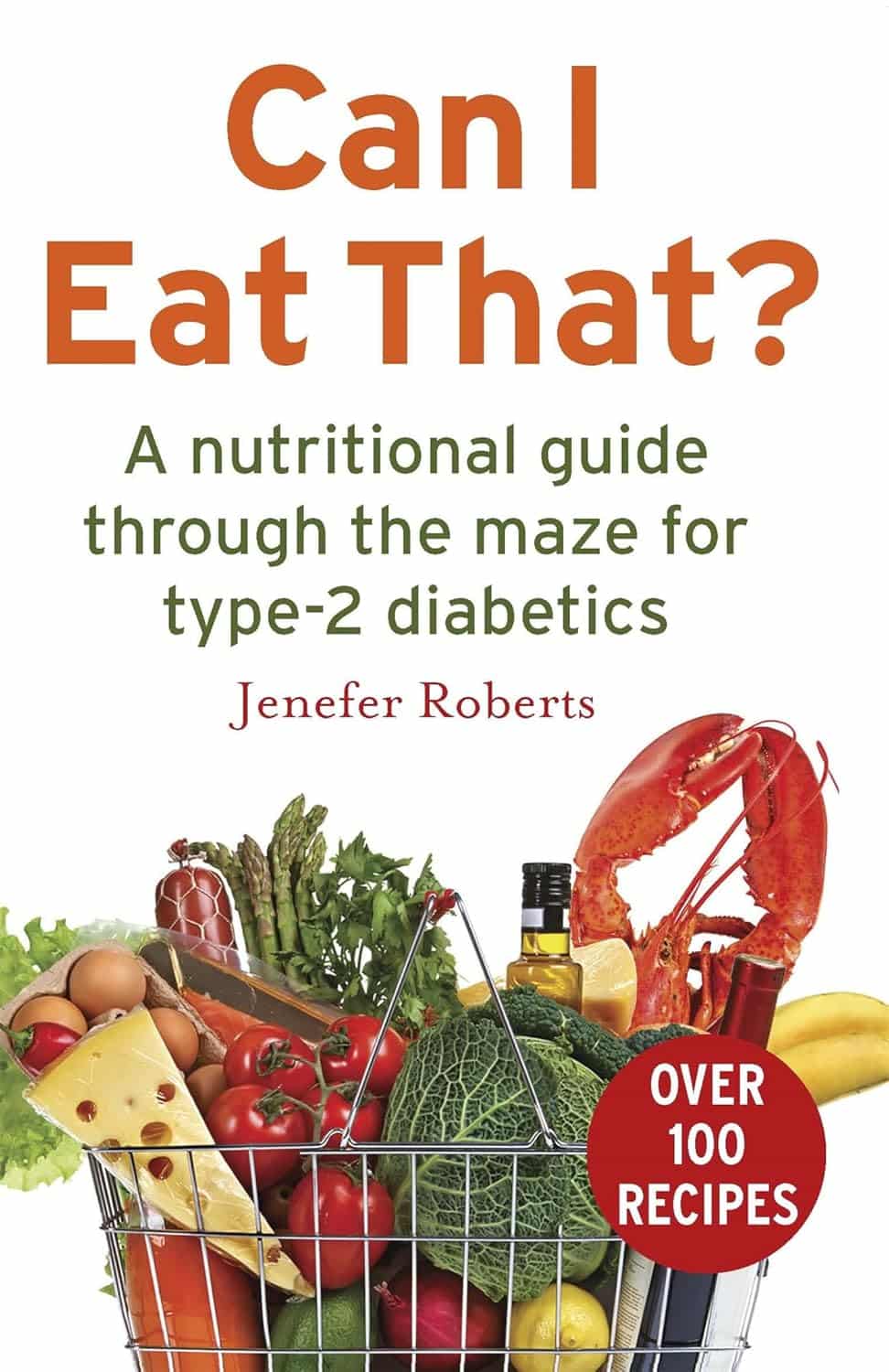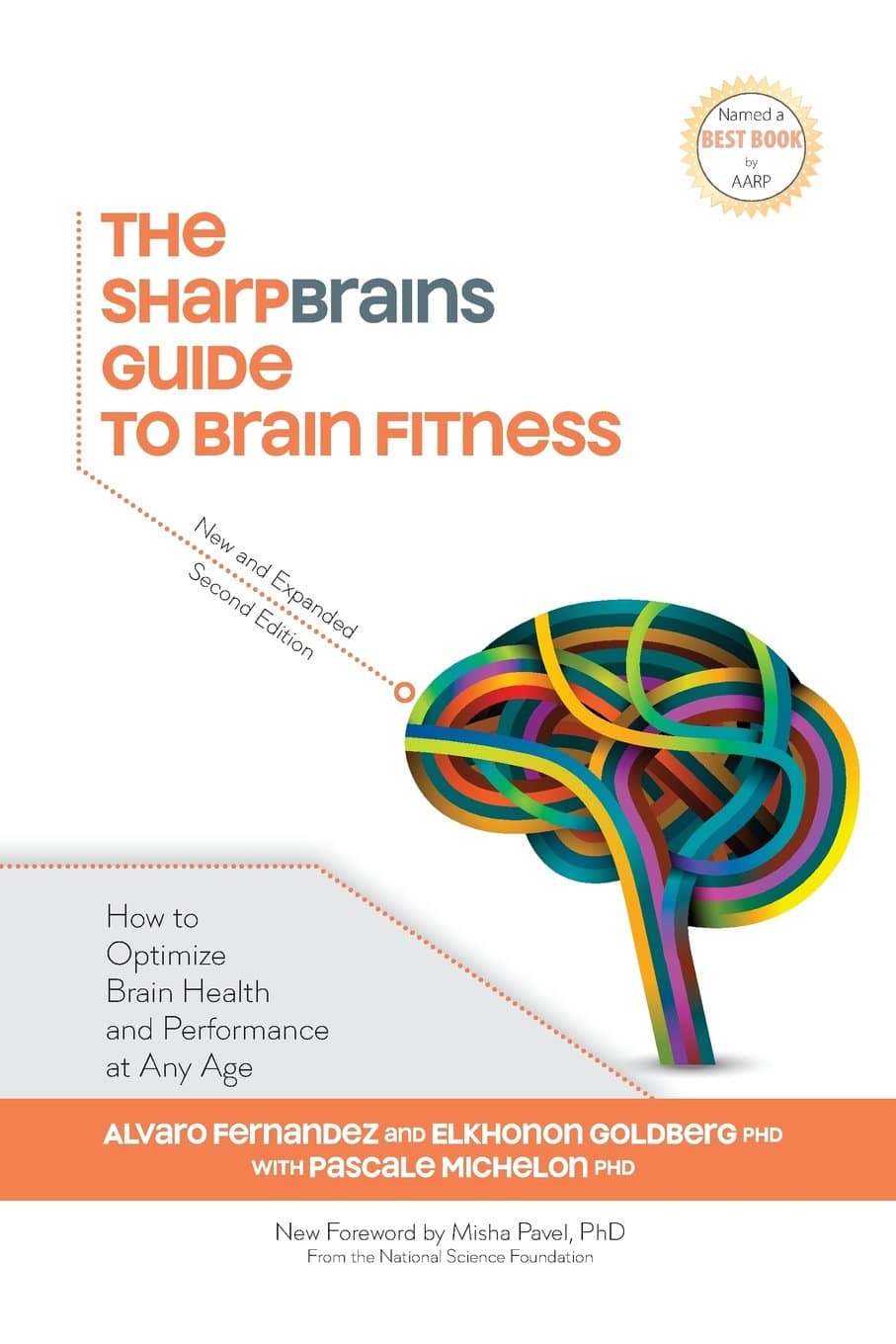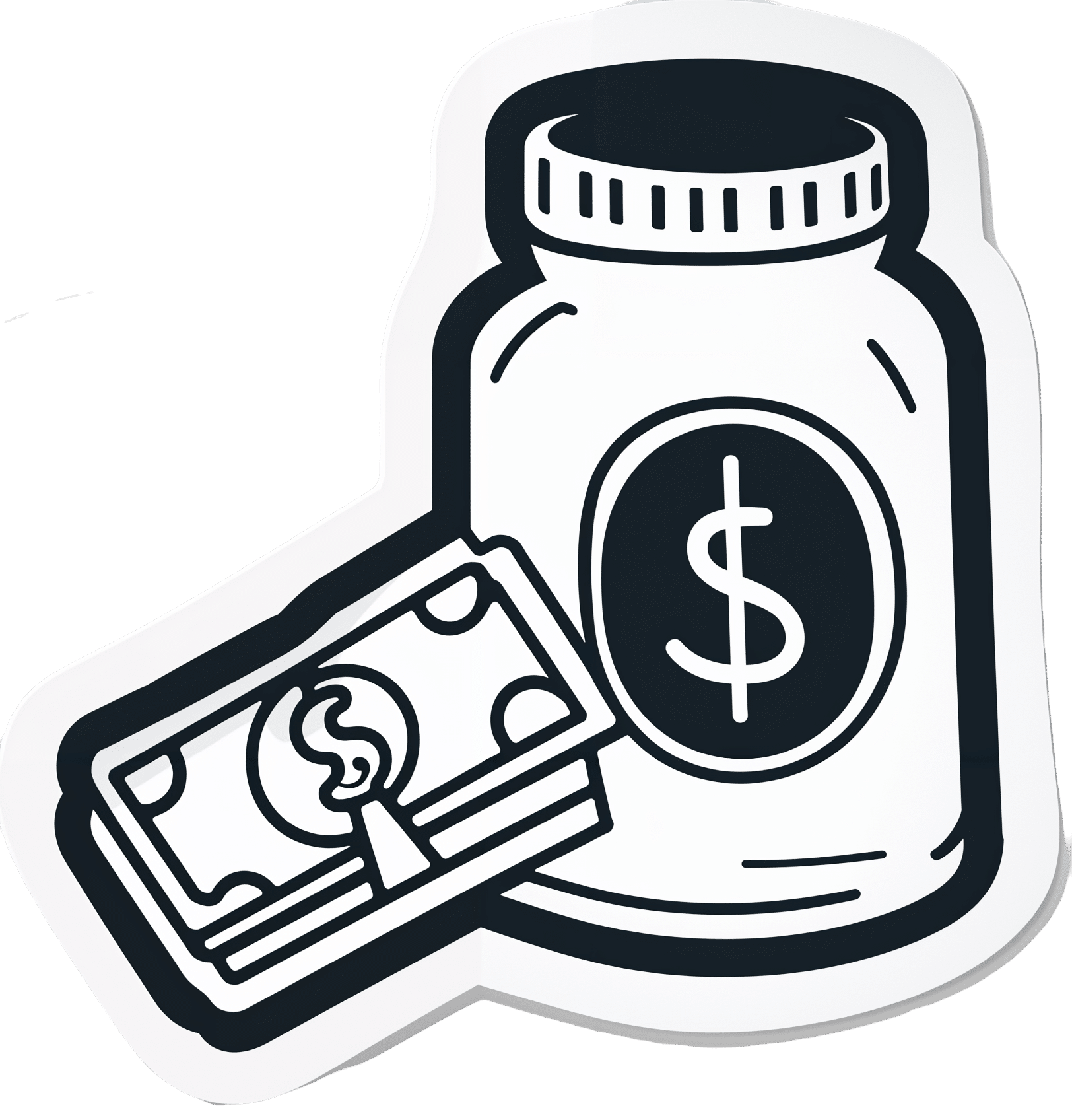
How Are You, Really? And How Old Is Your Heart?
10almonds is reader-supported. We may, at no cost to you, receive a portion of sales if you purchase a product through a link in this article.
How Are You, Really? The Free NHS Health Test
We took this surprisingly incisive 10-minute test from the UK’s famous National Health Service—the test is part of the “Better Health” programme, a free-to-all (yes, even those from/in other countries) initiative aimed at keeping people healthy enough to have less need of medical attention.
As one person who took the test wrote:
❝I didn’t expect that a government initiative would have me talking about how I need to keep myself going to be there for the people I love, let alone that a rapid-pace multiple-choice test would elicit these responses and give personalized replies in turn, but here we are❞
It goes beyond covering the usual bases, in that it also looks at what’s most important to you, and why, and what might keep you from doing the things you want/need to do for your health, AND how those obstacles can be overcome.
Pretty impressive for a 10-minute test!
Is Your Health Above Average Already? Take the Free 10-minute NHS test now!
How old are you, in your heart?
Poetic answers notwithstanding (this writer sometimes feels so old, and yet also much younger than she is), there’s a biological answer here, too.
Again free for the use of all*, here’s a heart age calculator.
*It is suitable for you if you are aged 30–95, and do not have a known complicating cardiovascular disease.
It will ask you your (UK) postcode; just leave that field blank if you’re not in the UK; it’ll be fine.
How Old Are You, In Your Heart? Take the Free 10-minute NHS test now!
(Neither test requires logging into anything, and they do not ask for your email address. The tests are right there on the page, and they give the answers right there on the page, immediately)
Don’t Forget…
Did you arrive here from our newsletter? Don’t forget to return to the email to continue learning!
Recommended
Learn to Age Gracefully
Join the 98k+ American women taking control of their health & aging with our 100% free (and fun!) daily emails:
-
The Philosophy Gym – by Dr. Stephen Law
10almonds is reader-supported. We may, at no cost to you, receive a portion of sales if you purchase a product through a link in this article.
If you’d like to give those “little gray cells” an extra workout, this book is a great starting place.
Dr. Stephen Law is Director of Philosophy at the Department of Continuing Education, University of Oxford. As such, he’s no stranger to providing education that’s both attainable and yet challenging. Here, he lays out important philosophical questions, and challenges the reader to get to grips with them in a systematic fashion.
Each of the 25 questions/problems has a chapter devoted to it, and is ranked:
- Warm-up
- Moderate
- More Challenging
But, he doesn’t leave us to our own devices, nor does he do like a caricature of a philosopher and ask us endless rhetorical questions. Instead, he looks at various approaches taken by other philosophers over time, and invites the reader to try out those methods.
The real gain of this book is not the mere enjoyment of reading, but rather in taking those thinking skills and applying them in life… because most if not all of them do have real-world applications and/or implications too.
The book’s strongest point? That it doesn’t assume prior knowledge (and yet also doesn’t patronize the reader). Philosophy can be difficult to dip one’s toes into without a guide, because philosophers writing about philosophy can at first be like finding yourself at a party where you know nobody, but they all know each other.
In contrast, Law excels at giving quick, to-the-point ground-up summaries of key ideas and their progenitors.
In short: a wonderful way to get your brain doing things it might not have tried before!
Share This Post
-
Statin and Antidepressant Side Effects
10almonds is reader-supported. We may, at no cost to you, receive a portion of sales if you purchase a product through a link in this article.
Questions and Answers at 10almonds
Have a question or a request? You can always hit “reply” to any of our emails, or use the feedback widget at the bottom!
This newsletter has been growing a lot lately, and so have the questions/requests, and we love that! In cases where we’ve already covered something, we might link to what we wrote before, but will always be happy to revisit any of our topics again in the future too—there’s always more to say!
As ever: if the question/request can be answered briefly, we’ll do it here in our Q&A Thursday edition. If not, we’ll make a main feature of it shortly afterwards!
So, no question/request too big or small
Side effects of statins, are they worth it? Depression, are antidepressants worth it?
About statins, that depends a lot on you, your circumstances, and—as it happens—your gender. We covered this in a main feature recently, but a short answer is: for most people, they may not be the best first choice, and could even make things worse. For some people, however, they really are just what’s needed.
- Factors that make them more likely better for you: being a man, or having atherosclerosis
- Factors that make them more likely worse for you: being a woman in general
Check out the main feature we did: Statins: His & Hers?
As for antidepressants? That depends a lot on you, your physiology, your depression, your circumstances, and more. We’ll definitely do a main feature on that sometime soon, as there’s a lot that most people don’t know!
Share This Post
-
Can I Eat That? – by Jenefer Roberts
10almonds is reader-supported. We may, at no cost to you, receive a portion of sales if you purchase a product through a link in this article.
The answer to the question in the title is: you can eat pretty much anything, if you’re prepared for the consequences!
This book looks to give you the information to make your own decisions in that regard. There’s a large section on the science of glucose metabolism in the context of food (other aspects of glucose metabolism aren’t covered), so you will not simply be told “raw carrots are good; mashed potatoes are bad”, you’ll understand many factors that affect it, e.g:
- Macronutrient profiles of food and resultant base glycemic indices
- How the glycemic index changes if you cut something, crush it, mash it, juice it, etc
- How the glycemic index changes if you chill something, heat it, fry it, boil it, etc
- The many “this food works differently in the presence of this other food” factors
- How your relative level of insulin resistance affects things itself
…and much more.
The style is simple and explanatory, without deep science, but with good science and comprehensive advice.
There are also the promised recipes; they’re in an appendix at the back and aren’t the main meat of the book, though.
Bottom line: if you’ve ever found it confusing working out what works how in the mysterious world of diabetes nutrition, this book is a top tier demystifier.
Click here to check out Can I Eat That?, and gain confidence in your food choices!
Share This Post
Related Posts
-
Treat Your Own Knee – by Robin McKenzie
10almonds is reader-supported. We may, at no cost to you, receive a portion of sales if you purchase a product through a link in this article.
First, a note about the author: he’s a physiotherapist and not a doctor, but with 40 years of practice to his name and 33 letters after his name (CNZM OBE FCSP (Hon) FNZSP (Hon) Dip MDT Dip MT), he seems to know his stuff.
The book covers recognizing the difference between arthritis, degeneration, or normal wear and tear, before narrowing down what your actual problem is and what can be done about it.
While there are many possible causes of knee pain (and by causes, we mean the first-level cause, such as “bad posture” or “old sports injury” or “inflammatory diet” or “repetitive strain” etc, not second-level causes that are also symptoms, like inflammation), McKenzie’s approach involves customizing his system to your body’s specific problems and needs. That’s what most of the book is about.
The style is direct and to-the-point; there’s no sensationalization here nor a feel of being sold anything. There’s lots of science scattered throughout, but all with the intent of enabling the reader to understand what’s going on with the problems, processes, and solutions, and why/how the things that work, work. Where there are exercises offered they are clearly-described and well-illustrated.
Bottom line: this is not a fancy book but it is an effective one. If you have knee pain, this is a very worthwhile one to read.
Click here to check out Treat Your Own Knee, and treat your own knee!
PS: if you have musculoskeletal problems elsewhere in your body, you might want to check out the rest of his body parts series (back, hip, neck, wrist, ankle, etc) for the one that’s tailored to your specific problem.
Don’t Forget…
Did you arrive here from our newsletter? Don’t forget to return to the email to continue learning!
Learn to Age Gracefully
Join the 98k+ American women taking control of their health & aging with our 100% free (and fun!) daily emails:
-
The SharpBrains Guide to Brain Fitness – by Alvaro Fernandez et al.
10almonds is reader-supported. We may, at no cost to you, receive a portion of sales if you purchase a product through a link in this article.
We say “et al.” in the by-line, because this one has a flock of authors, including Dr. Pascale Michelon, Dr. Sandra Bond Chapman, Dr. Elkehon Goldberg, and various others if we include the foreword, introduction, etc.
This is relevant, because those who contributed to the meat of the book (i.e., those listed above), it makes the work a lot more scientifically reliable; one skilled science writer might make a mistake; it’s much less likely to make it through to publication when there are a bevy of doctors in the mix, each staking their reputation on the book’s content, and thus having a vested interest in checking each other’s work as well as their own.
As for what this multidisciplinary team have to offer? The book covers such things as:
- how the brain works (especially the possibilities of neuroplasticity), and what that means for such things as memory and attention
- being “a coach not a patient”; i.e., being active rather than passive in one’s approach to brain health
- the relevance of physical exercise, how much, and what kind
- the relevance (and limitations) of diet choices for brain health
- the relevance of such things as learning new languages and musical training
- the relevance of social engagement, and how some (but not all) social engagement can boost cognition
- methods for managing stress and building resilience to same (critical for maintaining a healthy brain)
- “cross-fit for your brain”, that is to say, a multi-vector collection of tools to explore, ranging from meditation to CBT to biofeedback and more.
The style is pop-science without being sensationalist, just communicating ideas clearly, with enough padding to feel casual, and not like a dense read. Importantly, it’s also practical and applicable too, which is something we always look for here.
Bottom line: if you’d like to be given a good overview of what things work (and how much they can be expected to work), along with a good framework to put that knowledge into practice, then this is a great book for you.
Don’t Forget…
Did you arrive here from our newsletter? Don’t forget to return to the email to continue learning!
Learn to Age Gracefully
Join the 98k+ American women taking control of their health & aging with our 100% free (and fun!) daily emails:
-
Is ADHD Being Over-Diagnosed For Cash?
10almonds is reader-supported. We may, at no cost to you, receive a portion of sales if you purchase a product through a link in this article.
Is ADHD Being Systematically Overdiagnosed?
The BBC’s investigative “Panorama” program all so recently did a documentary in which one of their journalists—who does not have ADHD—went to three private clinics and got an ADHD diagnosis from each of them:
- The BBC documentary: Private ADHD Clinics Exposed (28 mins)
- Their “5 Minutes” version: ADHD Undercover: How I Was Misdiagnosed (6 mins)
So… Is it really a case of show up, pay up, and get a shiny new diagnosis?
The BBC Panorama producers cherry-picked 3 private providers, and during those clinical assessments, their journalist provided answers that would certainly lead to a diagnosis.
This was contrasted against a three-hour assessment with an NHS psychiatrist—something that rarely happens in the NHS. Which prompts the question…
How did he walk into a 3-hour psychiatrist assessment, when most people have to wait in long waiting lists for a much more cursory appointment first with assorted gatekeepers, before going on another long waiting list, for an also-much-shorter appointment with a psychiatrist?
That would be because the NHS psychiatrist was given advance notification that this was part of an investigation and would be filmed (the private clinics were not gifted the same transparency)
So, maybe just a tad unequal treatment!
In case you’re wondering, here’s what that very NHS psychiatrist had to say on the topic:
Is it really too easy to be diagnosed with ADHD?
(we’ll give you a hint—remember Betteridge’s Law!)
❝Since the documentary aired, I have heard from people concerned that GPs could now be more likely to question legitimate diagnoses.
But as an NHS psychiatrist it is clear to me that the root of this issue is not overdiagnosis.
Instead, we are facing the combined challenges of remedying decades of underdiagnosis and NHS services that were set up when there was little awareness of ADHD.❞
~ Dr. Mike Smith, Psychiatrist
The ADHD foundation, meanwhile, has issued its own response, saying:
❝We are disappointed that BBC Panorama has opted to broadcast a poorly researched, sensationalist piece of television journalism.❞
Don’t Forget…
Did you arrive here from our newsletter? Don’t forget to return to the email to continue learning!
Learn to Age Gracefully
Join the 98k+ American women taking control of their health & aging with our 100% free (and fun!) daily emails:


